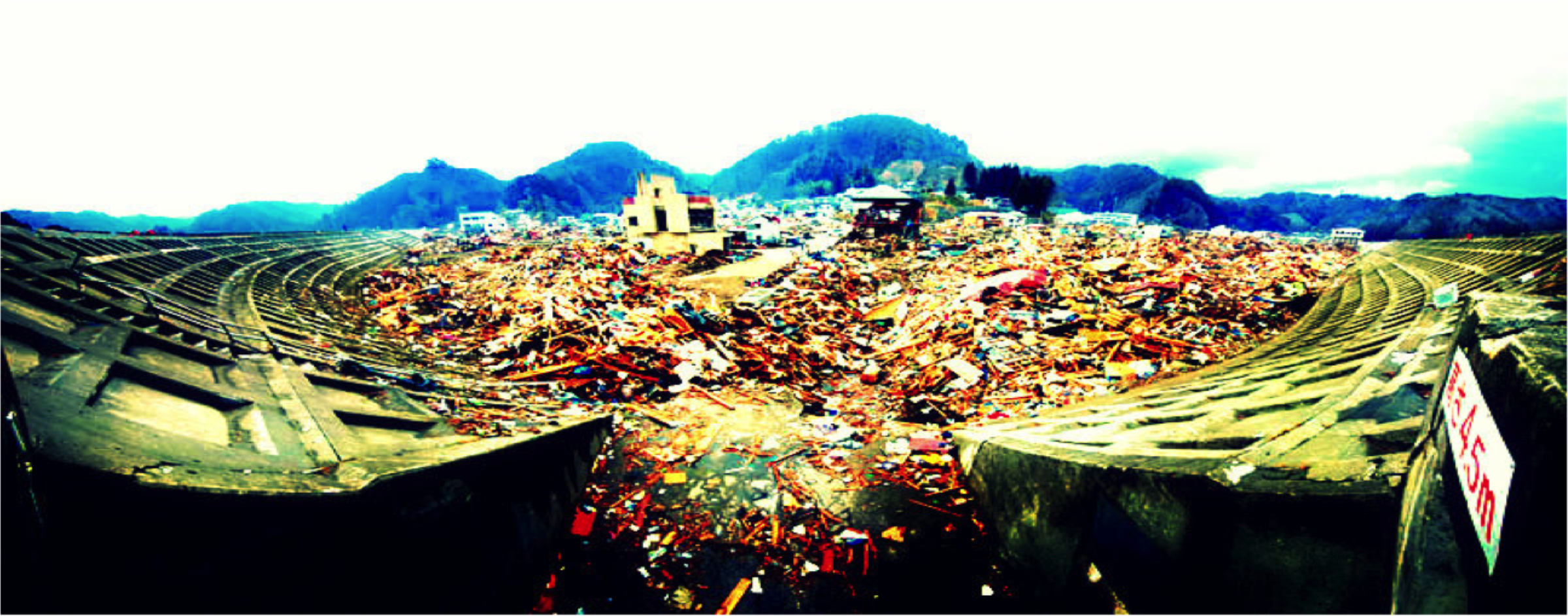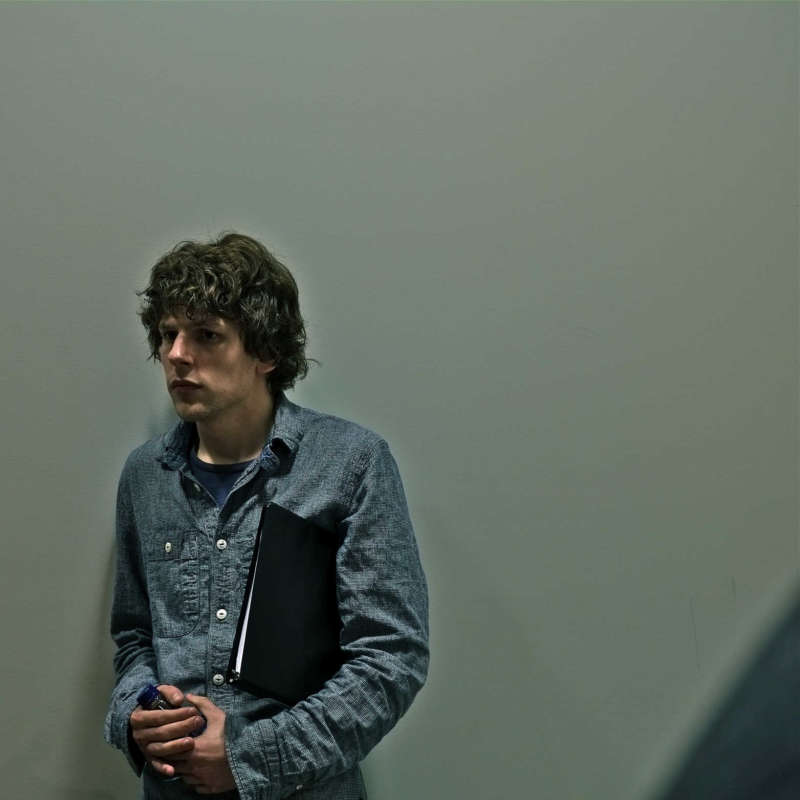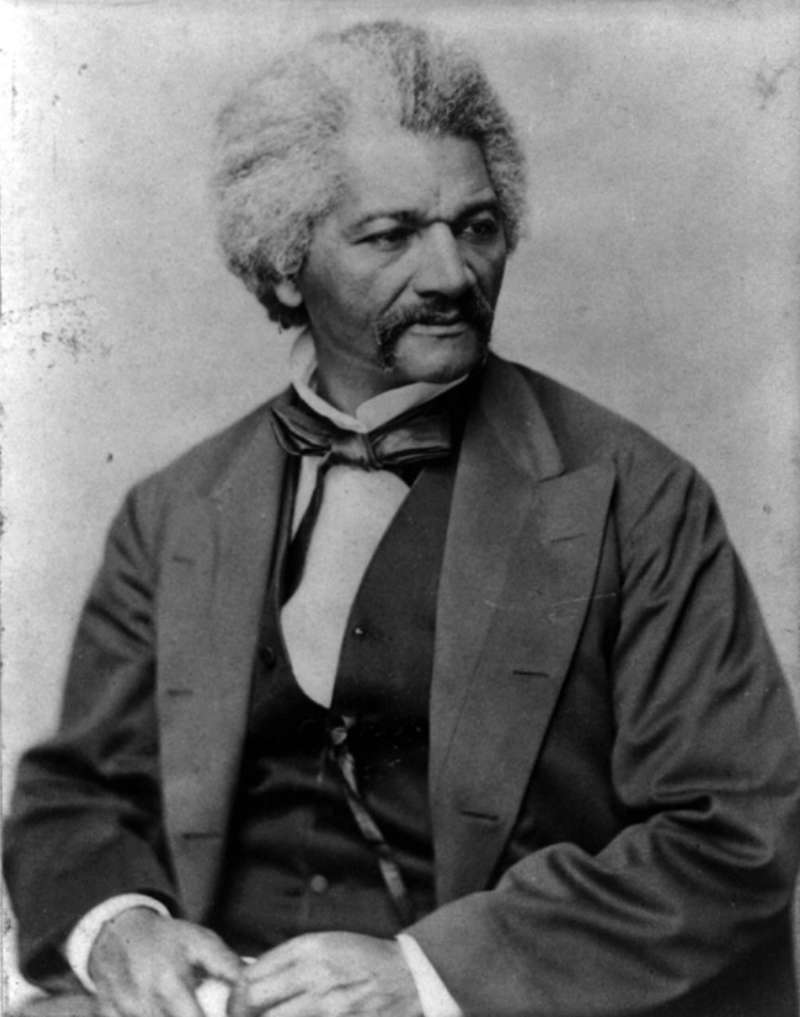About the project

The Tohoku Project
Dramatic Reading of Sumidagawa, by Kanze Motomasa
Directed and Adapted by Bryan Doerries
Facilitated by Setsu Hanasaki
Translated by Nao Suzuki
Developed in collaboration with the Global Mental Health Program at Columbia University and Setagaya Public Theatre
The Tohoku Project: Sumidagawa presents powerful dramatic readings by professional actors of Sumidagawa, a Noh play from the early 15th Century that timelessly depicts the unique challenges faced by parents in the wake of unimaginable disaster. Each reading is followed by the responses of community panelists, culminating in a lively, facilitated audience discussion. This interactive event promotes healthy, constructive dialogue about the lasting impact of the Tohoku disaster upon individuals, families, and communities—fostering compassion, understanding, awareness, and positive action.
About the play
-
Sumidagawa by Kanze Motomasa
A Noh play from the early 15th Century in which a grief-stricken woman searches frantically for her son who has been taken by slave traders. As a ferryman transports her across the Sumida river, she notices a memorial service on the opposite bank, and discovers that it is for her son.
Explore Projects
-
Caregiving & DeathThe Nurse Antigone
A groundbreaking project by and for nurses, The Nurse Antigone presents dramatic readings of Sophocles’ Antigone on Zoom—featuring professional actors and a chorus of frontline nurses—to help frame powerful, guided discussions about the unique challenges faced by nurses before, during, and after the COVID-19 pandemic.
-
 Addiction & Substance AbuseThe Dionysus Project
Addiction & Substance AbuseThe Dionysus ProjectThe Dionysus Project is an innovative public health project that presents readings of scenes from Euripides' Bacchae, an ancient Greek play about the destructive power of intoxication, as a catalyst for town hall discussions about the impact of substance abuse and addiction upon individuals, families, and communities. The project uses an ancient Greek tragedy, written nearly 2500 years ago, to engage audiences in crucial discussions about the timelessness of the human struggle with substance abuse and addiction, as well as resources and solutions that communities can utilize today.
-
 RacismFrederick Douglass
RacismFrederick DouglassFrederick Douglass is a project that presents dramatic readings of Douglass' speeches by professional actors as a catalyst for powerful dialogue about racism, inequality, civil rights, education, and the legal system with the objective of fostering compassion, understanding, and positive action.